Expo
Come and explore more than 50 circular economy champions on the WCEF2023 Expo Area in Helsinki from 30 to 31 May.

Aalto University: The wardrobe of the future(open in new window)
It all starts with a simple question: what will we be wearing in the future? Clothes made of flowers, fungi or seaweed? Highly personalised, made-to-measure garments? Digital collections for our online personas only? We can’t predict the future, but we do have the power to shape it. And it’s clear that the textiles, clothing and fashion industry needs to reinvent itself completely.
In this exhibition, Aalto University is reimagining fashion for a sustainable future. We’ve pinpointed five critical components of the fashion value chain and curated a collection of innovations for display. Step inside!
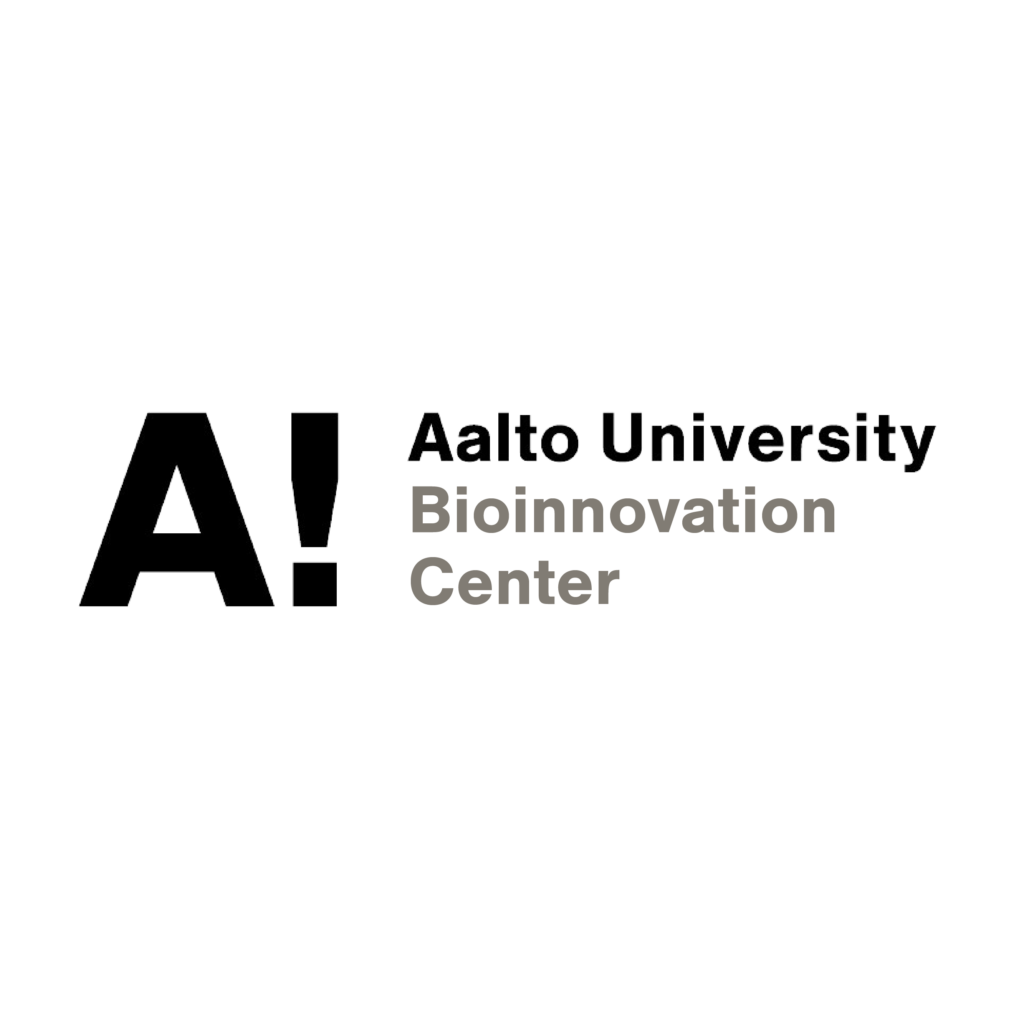
Aalto University Bioinnovation Center(open in new window) is an interdisciplinary research and learning centre which creates and produces new knowledge and innovations that help the transition towards the bio and circular economy. The Bioinnovation Center focuses on innovations in sustainable bio-based materials, with special focus on textiles and packaging. Our interdisciplinary doctoral school uses the viewpoints of technology, design and business to address these challenges. We present prototypes of sustainable textiles and packaging research projects, and a unique new model to educate future experts with a multidisciplinary skillset to develop solutions to challenges towards a sustainable society based on renewable materials and the circular economy.
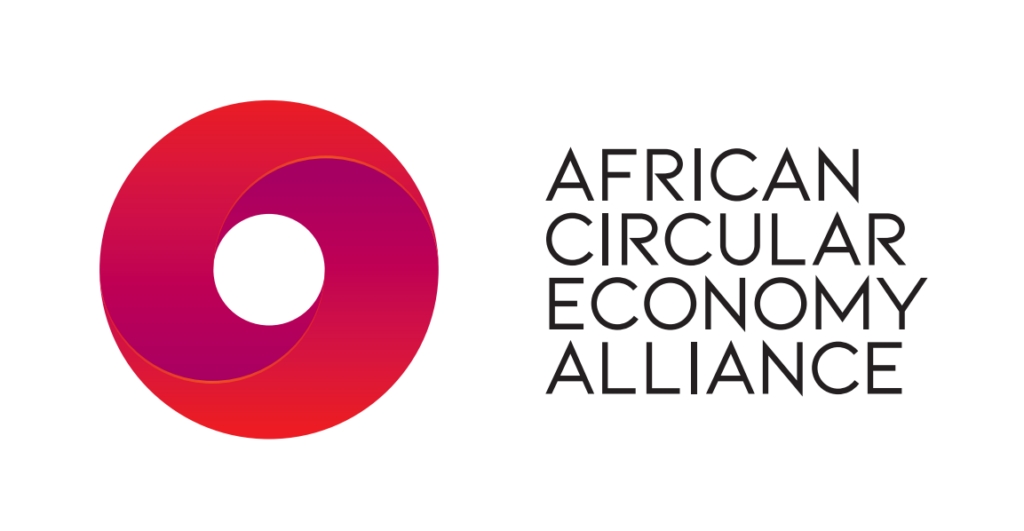
The African Circular Economy Alliance (ACEA) is a government-led coalition of African nations with a mission to spur Africa’s transformation to a circular economy that delivers economic growth, jobs, and positive environmental outcomes. ACEA supports the transition to a circular economy at the national, regional and continental levels through policy development, advocacy and support for scaling circular businesses and projects.
The current members of ACEA are South Africa, Nigeria, Rwanda, Ghana, Côte d’Ivoire, Benin, Burkina Faso, Sudan, Senegal, Cameroon, Chad and Morocco. ACEA is supported by its strategic partners, such as the Africa Circular Economy Facility (ACEF)(open in new window), a multi-donor trust fund of the African Development Bank(open in new window), and the African Circular Economy Network (ACEN)(open in new window), a network of circular economy specialists, both co-hosts of our Expo stand.
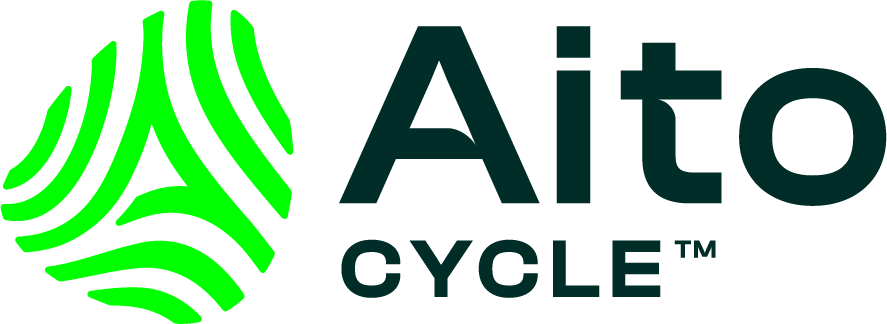
Aito Support(open in new window) is an authorised repair partner for Samsung mobile devices, laptops and wearables in Finland. Our Aito Cycle concept is a platform of lifecycle services aiming to extend the life cycle of devices and reduce the amount of WEEE waste. The concept is scalable to a wide variety of IT and electric devices. Our goal is to make it as effortless, cost efficient and reliable as possible for the customers to buy or rent new and refurbished devices as a service, repair and reuse them, and extend the life cycle of the devices and their components to the maximum.
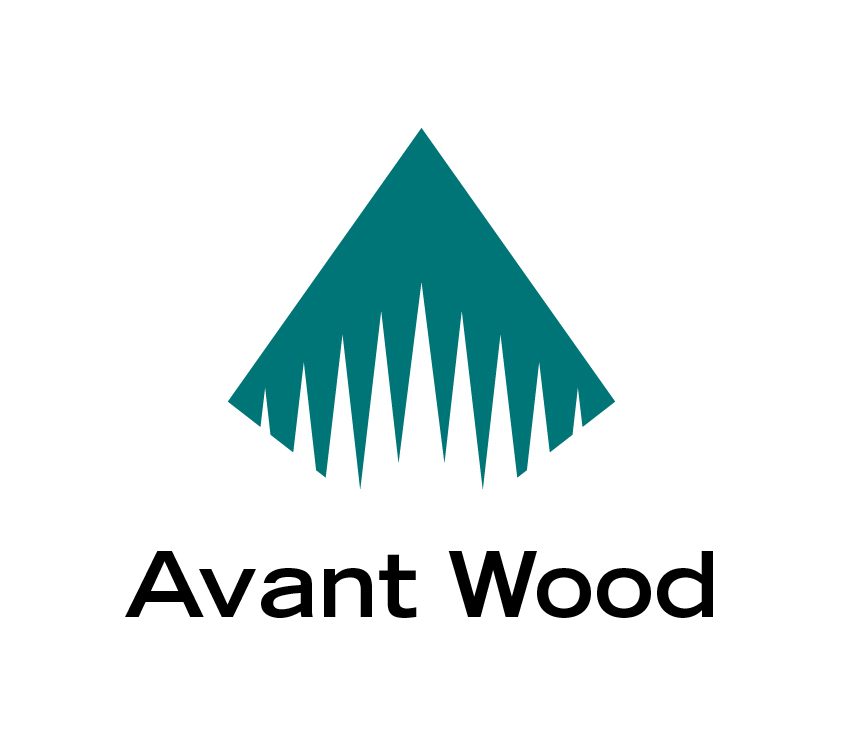
Out of world’s 73,000 wood species only a small fraction is used for commercial purposes. Often this is because the wood is unattractive, has poor properties or is difficult to dry economically. Avant Wood Oy(open in new window) is a new Finnish startup with a technology to rapidly dry wood, improve its appearance and increase its durability against mold and insects. Our technology has been known for 20 years but rarely used commercially until recently. The latest improvements were just completed in early 2023.

Betolar(open in new window) is a Finnish company pioneering in materials technology. Our story began with a bold experiment to replace the cement in concrete with a side stream-based material. From the beginning, it was clear that something great could be achieved with geopolymers.
Today, our Geoprime solution helps the construction, cement, concrete and mining industries to reduce CO2 emissions and lower the use of virgin raw materials. At the heart of Betolar are visionary thinking, a high level of expertise in geopolymers and construction, and a deep understanding of the opportunities offered by technology.

Circle Economy(open in new window) is a global impact organisation with an international team of passionate experts based in Amsterdam. At the WCEF2023 Expo Area, we will showcase practical and scalable solutions for businesses, cities and nations to implement the circular economy. This includes our latest Circularity Gap Report 2023 findings, and Ganbatte, our digital offering accelerating the global transition towards a circular economy.
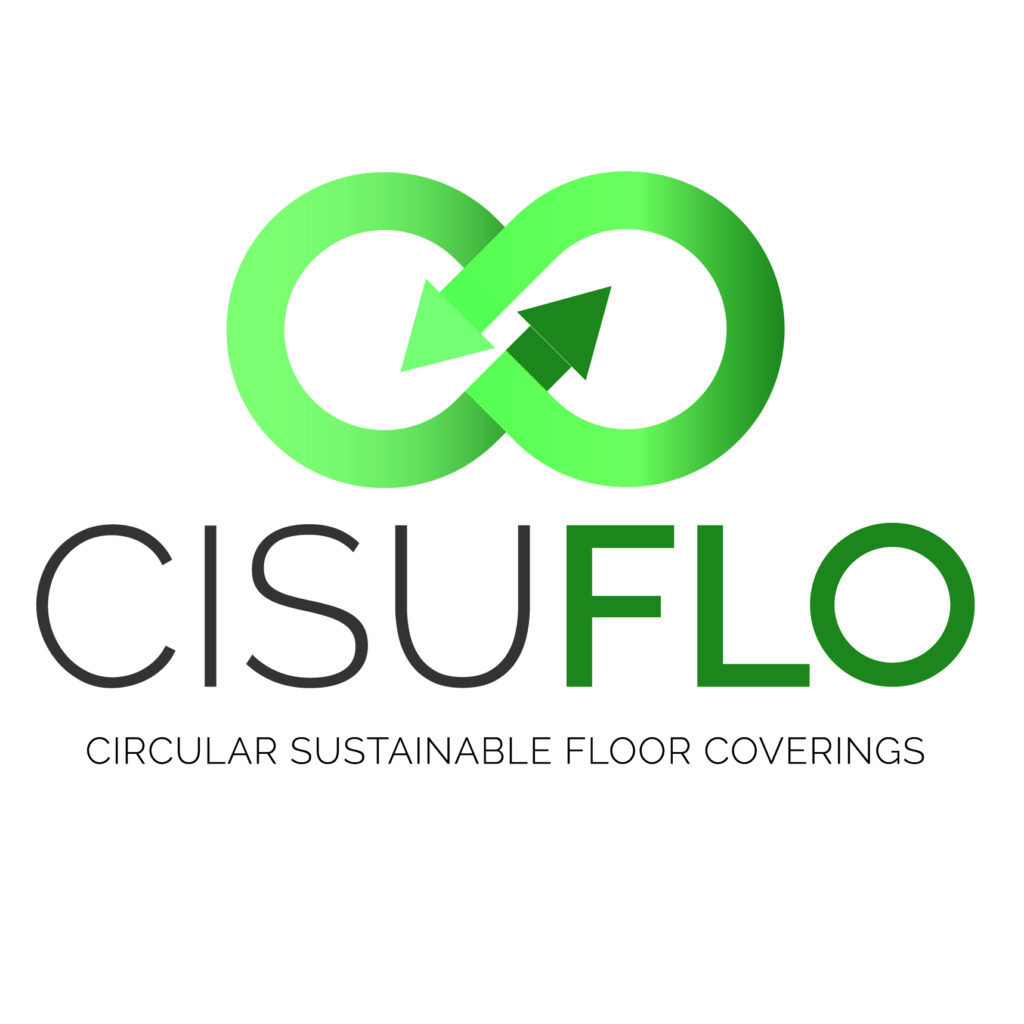
CISUFLO(open in new window) is a Horizon 2020 EU-funded project that aims to set up a systemic framework for circular and sustainable floor coverings in the EU and to minimise the sector’s environmental impact. CISUFLO includes six pilots focusing on manufacturing, sorting, separating and recycling laminates, resilient floor coverings and carpets. Circularisation is achieved via: (i) making it a competitive advantage for manufacturers to create flooring that is easier to remove, re-use, repair and recycle; (ii) building an integrated product information system that enables sorting, installation, cleaning and maintenance, as well as providing sustainability info for the customer.

Clewat(open in new window) focuses on solving the plastic waste, excess biomass, oil spills and other pollution problems of our oceans, seas, rivers and lakes. The work of our vessels is supported by our experts, who have knowledge of marine litter and other problems of the water systems. There are currently over 150 million tons of plastic waste in the sea and the amount is rising by 10 million tons every year. Why Clewat? If we continue littering at the current pace there will be more plastic garbage in our seas by 2050 than fish.
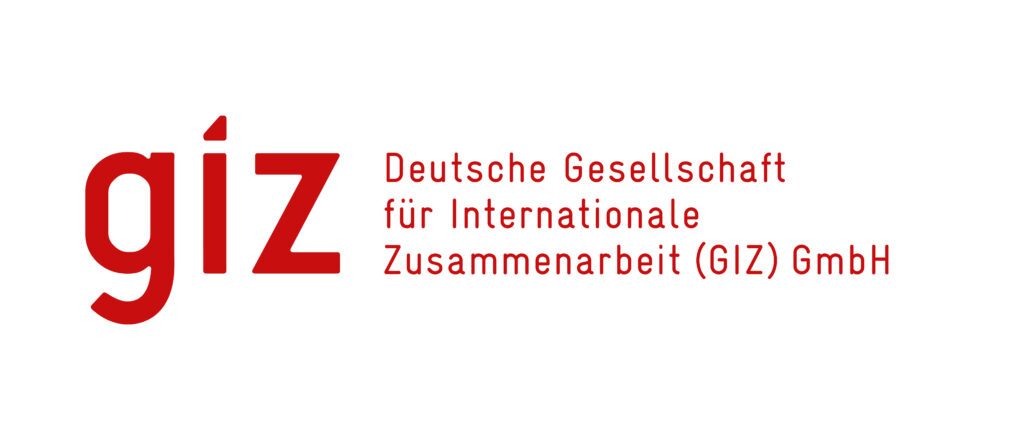
Deutsche Gesellschaft für Internationale Zusammenarbeit (GIZ) GmbH is a service provider in the field of international co-operation for sustainable development and supports the transition to a circular economy in the Global South.
At WCEF2023, we present several projects: Go Circular offers a range of valuable studies, resources and best practices. Go Circular runs the secretariat of the PREVENT Waste Alliance which is an international think and do tank that connects circular economy actors and pilots circular solutions. Environmental Protection Worldwide supports the German BMUV export initiative for environmental protection to apply innovative and integrated environmental technologies focusing on the circular economy globally and piloting projects. Our other projects include an initiative for resource efficiency and climate action and a support project against marine litter.
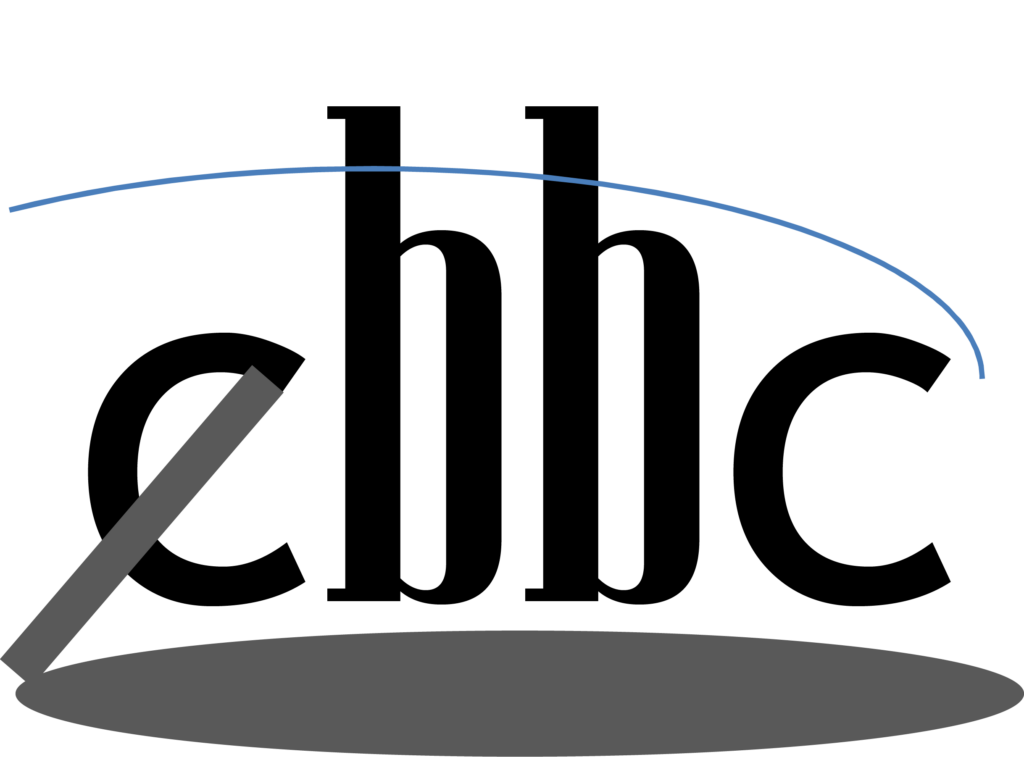
ECPallets(open in new window) are made with a revolutionary, universal and modular design from composite materials. They are manufactured from waste plastic and the natural cellulose fibre from agriculture waste. This is a viable timber substitute which avoids deforestation.
Our business model is “Pallets-as-a-Carbon-Service”. This would essentially close the loop and aid in achieving a seamless circular economic model. This will help companies meet their decarbonisation goals and make their scope 3 emissions reporting, which could help attract green financing and stimulate global green trade.
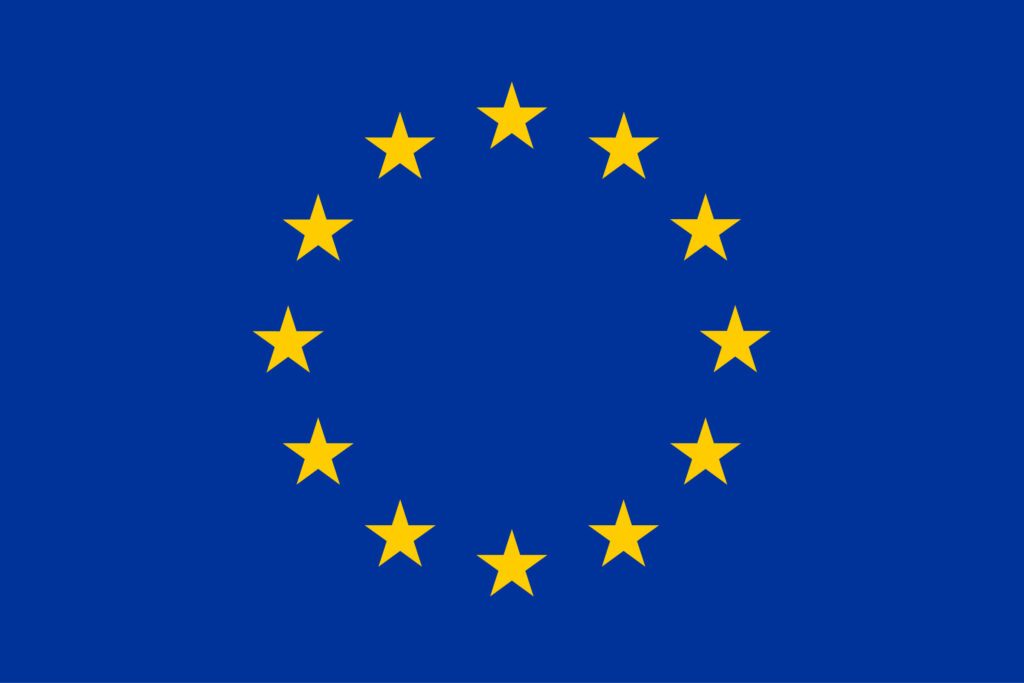
In the context of the Horizon Europe Cluster 6 Work Programme 2023-2024(download PDF), the European Commission will launch significant research and innovation funding opportunities in October 2023 for circular economy stakeholders in textiles, electronics, tourism, plastics, furniture, water, nutrients and more.
The European Commission’s Circular Cities and Regions Initiative(open in new window) (CCRI) is a rather unique multi-stakeholder collaboration and support scheme, which aims to support the implementation of circular systemic solutions in EU cities and regions. It combines research and innovation funding from Horizon Europe with capacity building for urban and regional circular economy initiatives.
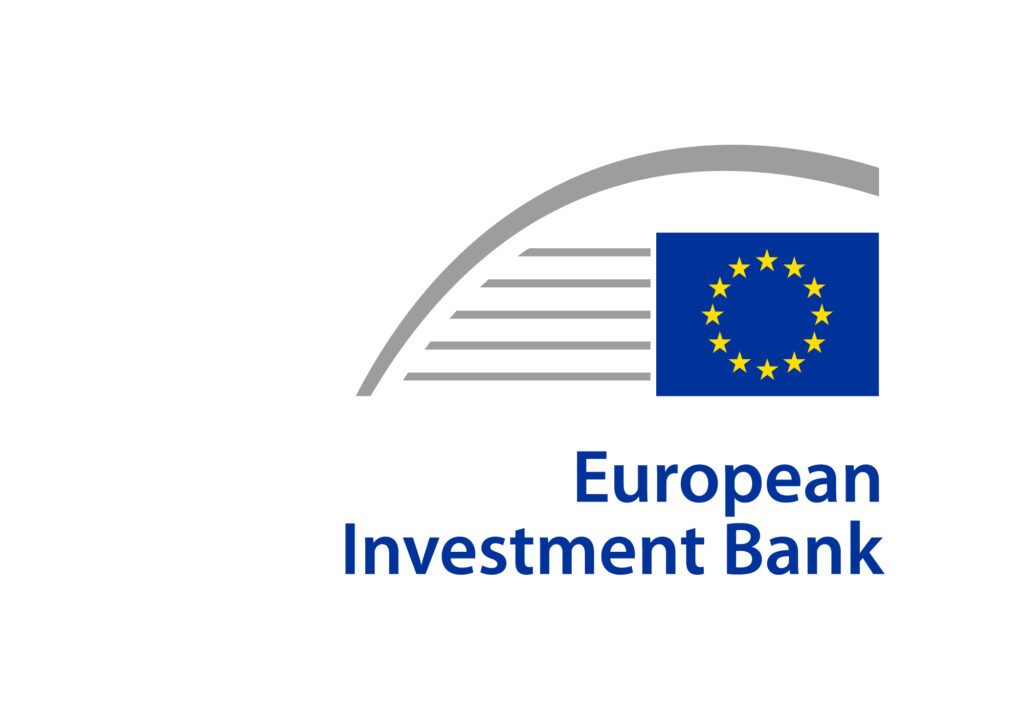
The European Investment Bank (EIB)(open in new window) is the long-term lending institution of the European Union owned by its member states. It makes long-term finance and advisory support available for sound investment in order to contribute towards EU policy goals. In the last 5 years (2018–2022), the EIB provided €3.4 billion to co-finance 118 circular economy projects in a variety of sectors and stands ready to do more to help meet the lending needs of the circular economy transition.
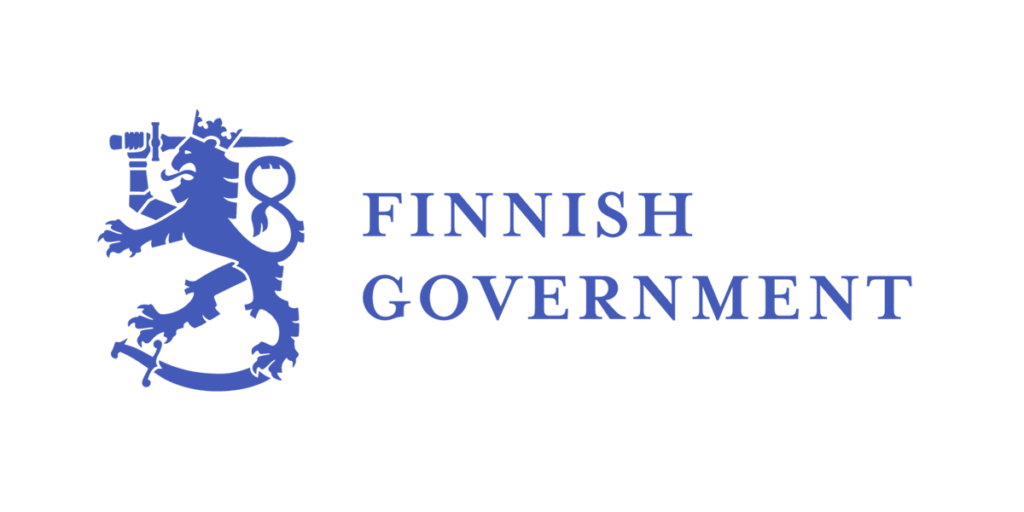
Finland(open in new window) has set an ambitious goal of becoming a carbon neutral circular economy by 2035. By adopting circular economy practices, Finland aims to create an economy which operates within the boundaries of nature and is carbon neutral while contributing to global climate action. Our national circular economy strategy sets ambitious targets for the consumption of non-renewable natural resources, the productivity of resources and the circular material use rate. We also recognise that by working alone, no country can tackle the climate and environmental problems we face today. Action requires innovative solutions, co-operation and a pragmatic attitude.
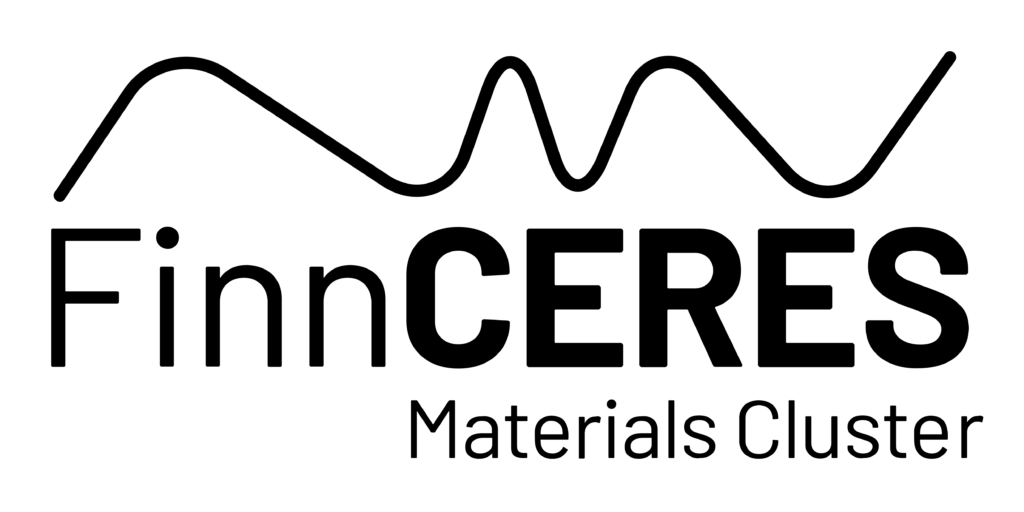
FinnCERES(open in new window) is a competence centre in materials bioeconomy, funded by the Academy of Finland. We are a joint effort of Aalto University and VTT Technical Research Centre of Finland. We transform scientific discoveries into sustainable material solutions that harness the natural properties of wood and side streams. These new circular bio-based materials are expected to address the main challenges of our century, including resource sufficiency and climate change. FinnCERES operates in close collaboration with industry and other stakeholders to create scalable solutions towards economic and societal impact. Come to our Expo stand to see intriguing scientific and technological discoveries.

Finnish Car Recycling Ltd(open in new window) is a producer association which coordinates the collection, treatment and recycling of batteries and end-of-life vehicles (ELVs) in accordance with the requirements laid down in the EU’s ELV Directive.
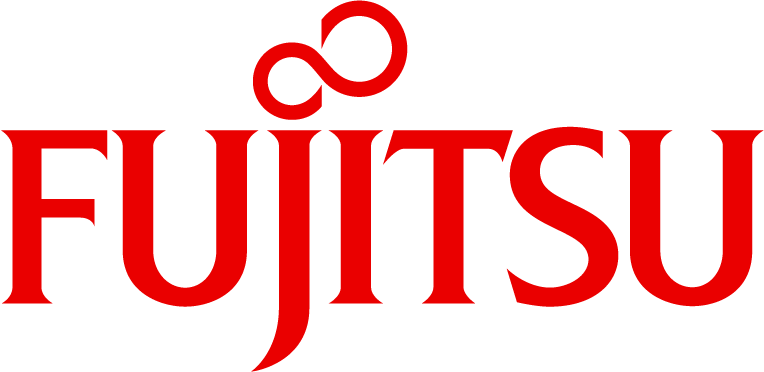
Fujitsu(open in new window)’s purpose is to make the world more sustainable by building trust in society through innovations. To help realise this we’ve introduced Fujitsu Uvance, innovative solutions that address customers’ business challenges and solve societal issues. Through Fujitsu Uvance, we are committed to connecting companies across industry boundaries and harnessing their strengths to generate positive change.
Botanical Water Technologies (BWT) from Australia uses their own technology to harvest, filter and purify water during food production. They chose Fujitsu based on our expertise and sustainability culture as a partner to create a blockchain platform that would enable the secure trading of water.

The Geological Survey of Finland (GTK)(open in new window) produces impartial and objective research data and services in support of decision-making in industry, academia and wider society to accelerate the transition to a sustainable, carbon-neutral world.
GTK Mintec is a minerals and circular economy research and development platform in Outokumpu, Finland. It is a unique mineralogy and beneficiation technology laboratory and pilot-scale test plant for mineral processing in Europe. In our facility, we experiment with various new raw materials and materials from industrial side streams to see how best to recover critical raw materials, for example.

The Global Alliance on Circular Economy and Resource Efficiency (GACERE)(open in new window), launched in February 2021, is an alliance of governments willing to work together on and advocate for a global just circular economy transition and more sustainable management of natural resources at the political level and in multilateral fora. Bringing together governments and relevant networks and organisations, GACERE aims to provide the global impetus for initiatives related to the circular economy transition, resource efficiency and sustainable consumption and production. We are open to welcoming conversations with existing or prospective strategic partners and member states or countries.

Green Building Council Finland(open in new window) gathers seven circular built environment projects from Finland to our joint exhibition stand! Come and meet Circular Construction in Regenerative Cities (CIRCuIT), CityLoops – Closing the Material Loops, The sustainable future of the construction industry in the Vasa region, ReCreate – Reusing prefabricated concrete for a circular economy, The City of Helsinki’s circular economy cluster, CleanTurku and Digipurku – Digital solutions in building demolition. At our Expo stand, you will learn about implementing sustainable and circular practices in construction and infrastructure, including digital solutions, innovation challenges and co-development.

Häme(open in new window) and Päijät-Häme(open in new window) regions are committed to a transition towards a circular economy and sustainability. The regions have implemented various plans and activities to achieve their circular economy goals. They have organised circular economy events to raise awareness and encourage collaboration. Furthermore, the regions support research and innovation to develop new solutions. Päijät-Häme Grain Cluster scouts innovations from food industry side streams and sustainable CO2 manufacturing. Kanta-Häme encourages development and action with HämeClimateWatch and Häme Portfolio. Both Häme regions are taking a proactive approach towards creating a circular economy that benefits both the environment and the economy.

Helsinki-Uusimaa Circular Valley(open in new window) is the regional accelerator for new solutions and pilots. The Valley is an ecosystem looking for new business opportunities and innovations. We focus especially on construction, food chains, textiles, plastics and electronics. Come and connect with other projects, meet us at the stand and we will showcase the research institutions, incubators and circular hubs in the capital region. The Valley is a pilot region in the EU Circular Cities and Regions Initiative. We aim for a carbon neutral Helsinki-Uusimaa region by 2030.

Hydrogen Cluster Finland(open in new window) is a network of companies and industrial associations that facilitates information sharing, collaboration and joint ventures, and development of a business perspective to promote the hydrogen economy, create business opportunities and support the transformation towards climate neutrality. We welcome a dialogue and collaboration with companies, clusters and platforms active in the hydrogen economy to create sustainable innovation and business opportunities in Finland, Europe and around the globe. With one of the cleanest national energy mixes, a rapidly increasing share of renewable energy, abundant water resources and high-level technological readiness of the industry, Finnish forerunners are well positioned to benefit Europe and the world.

For over 28 years, Inrego(open in new window) has been driving sustainable IT solutions to markets through expertise in the circular economy and reuse. We are pioneers in refurbishing IT and maximising its lifecycle. Our vision is to change the world’s IT consumption to become sustainable. By purchasing reused IT, companies can not only cut their IT budget in half but also take their sustainability efforts to new levels. Our solution provides our customers with concrete analyses and figures on how much carbon emissions they can save by reusing IT. We work as trusted advisors in refurbished IT in Sweden and Finland, offering reused IT in over 90 countries worldwide.
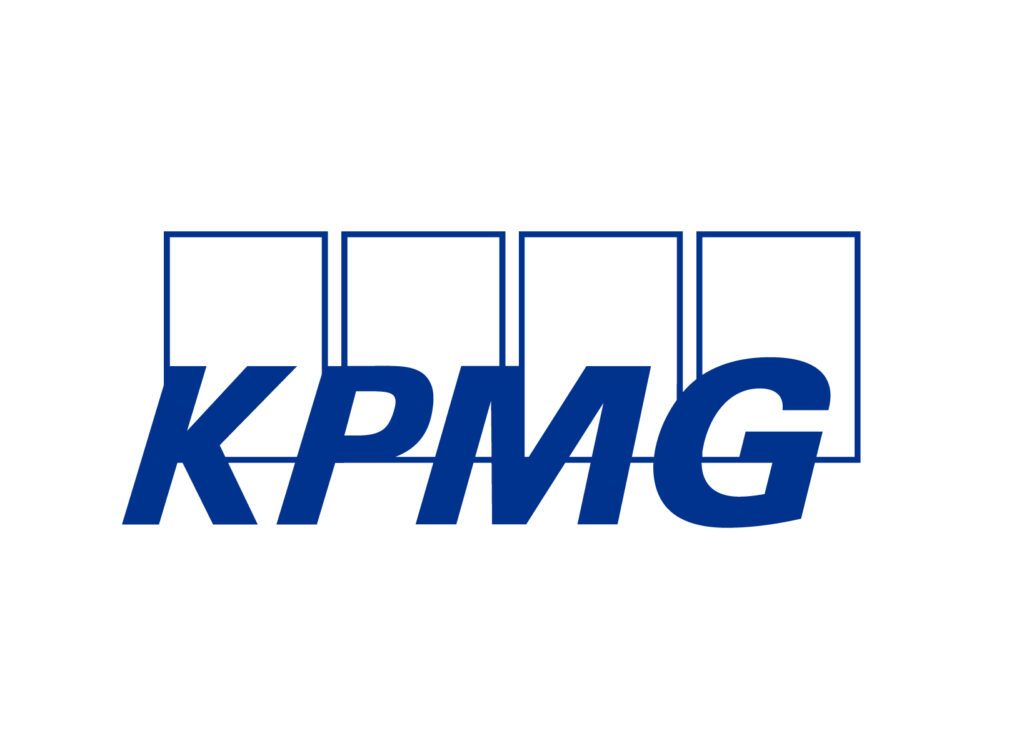
KPMG(open in new window) is an international organisation with more than 265,000 employees in 143 countries. Our professionals support companies in the transition towards a circular economy with a team of dedicated circular economy specialists in more than 25 countries. KPMG offers a suite of circular advisory solutions including circular strategy, measurement and execution, but also complementary expertise in digitalisation and data management, taxes and regulations, financial modelling, reporting and assurance. We will exhibit a variety of solutions including the WBCSD’s Circular Transition Indicator (CTI) framework co-authored by KPMG, a demo of the Microsoft Circularity Manager co-developed by KPMG and Digital Supply Chain Tracking solutions.

LAB University of Applied Sciences(open in new window) is a higher education institution, specialising in innovation, business and industry. We operate in Lahti and Lappeenranta, Finland, and online. We offer education in five fields: health care and social services; technology; business; hospitality; and design, fine arts and visual communication. Our strengths include the circular economy, design, innovations and health. We have 9,400 students and 550 teachers and RDI experts, which makes us the sixth largest university of applied sciences in Finland.
In the WCEF2023 LAB University of Applied Sciences will present its current research projects on the recycling of biomass, plastics and textiles.
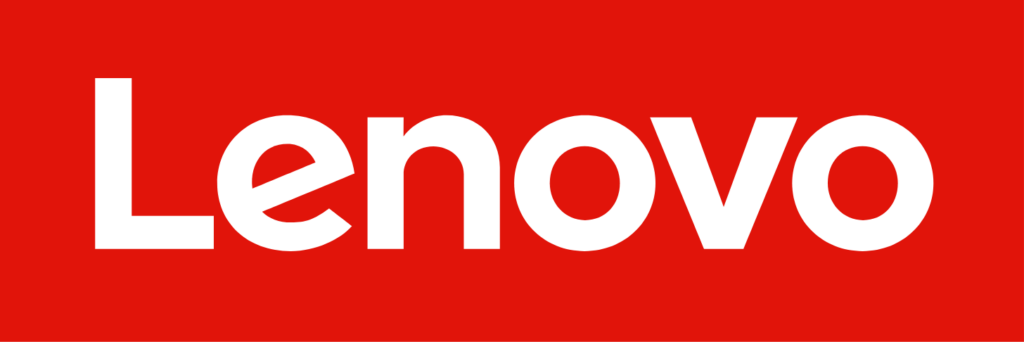
Lenovo(open in new window) is one of the world’s leading personal technology companies, producing innovative PCs and mobile internet devices. Now, #286 on fortune 500 list, we are the world’s largest PC vendor and fourth largest smartphone company.
Lenovo supports a transition to a circular economy and is continuously innovating in the design and delivery of products and services with circularity in mind. Through our focus on reduce, reuse and recycle, Lenovo is extending the life of materials and products and lessening the impact on the environment. We are collaborating with customers, suppliers and industry to identify circular opportunities in support of a more sustainable future. At the Expo Area, Lenovo will present our comprehensive circular approach throughout the whole life cycle of products and circular packaging offers.
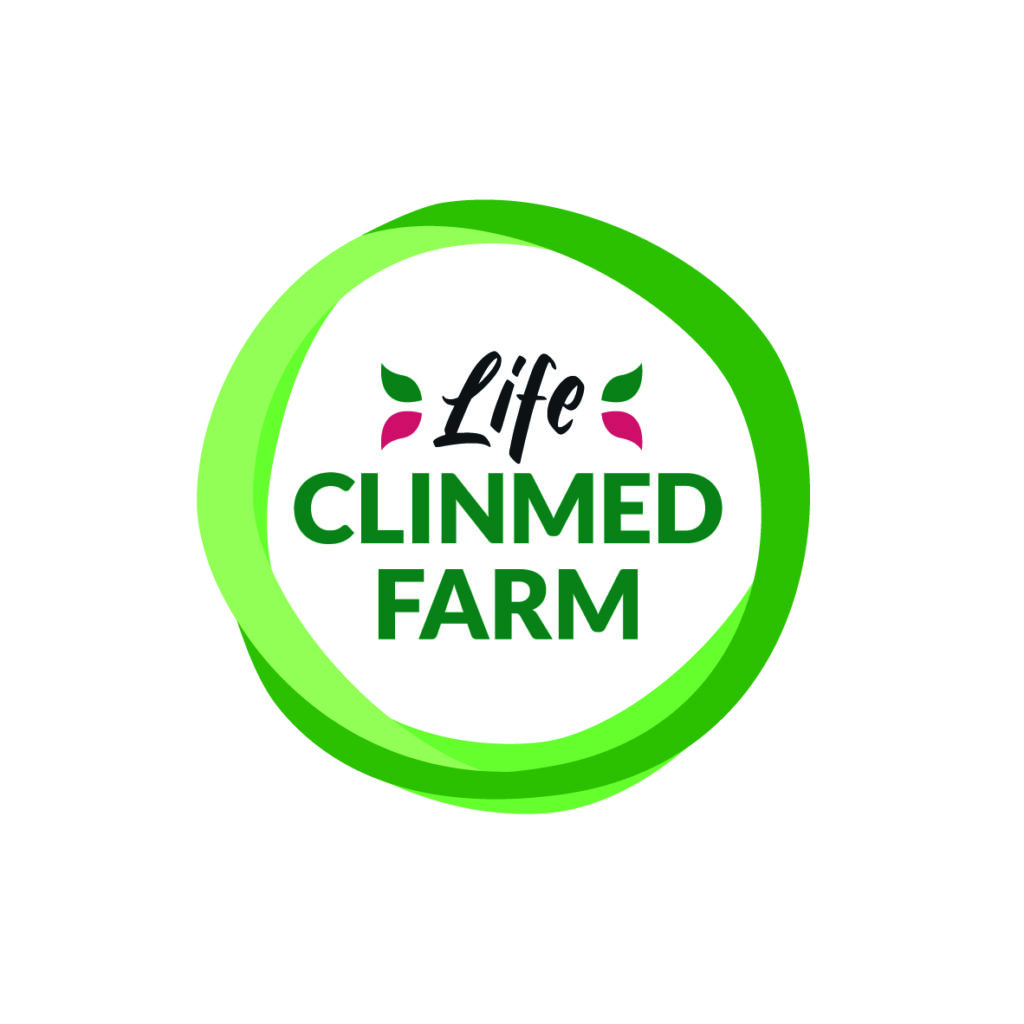
The LIFE CLINMED-FARM(open in new window) project aims at obtaining resource-efficient slurry management models approaching the idea of climate-neutral farms. Simple but innovative techniques based on the circular economy are applied in the three key slurry management stages – in-house production, storage, and agricultural fertilisation – to mitigate greenhouse gases (CH4 and N2O) and ammonia emissions, recover the CH4 generated in the storage, valorise the heat surplus of biogas production, and decrease the synthetic fertiliser’s consumption.
The project evaluates the efficiency, sustainability and mitigation potential of these techniques from an environmental and socioeconomic point of view by developing reliable and robust measurement and monitoring protocols.

Lindström(open in new window) is a family-owned textile service company whose business is based on a circular economy. With over 5,000 dedicated employees, we offer sustainable and easy-to-use textile services to our customers in Europe and Asia. Together with our partners we work towards closed-loop-solutions where our end-of-life textiles are used as raw material for new textiles.
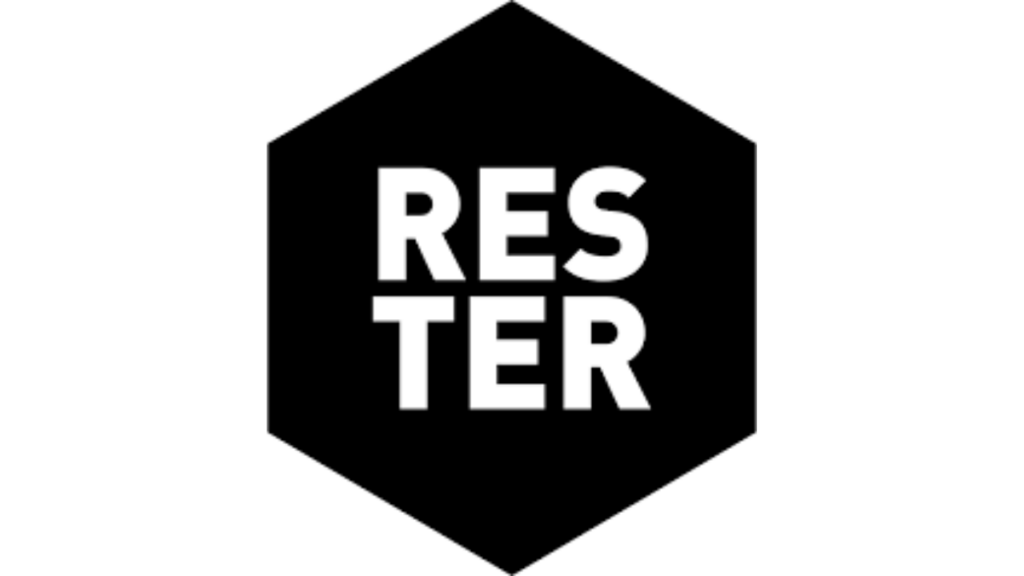
Rester(open in new window) is a pioneering Finnish company offering textile recycling solutions for B2B textiles in Northern Europe. By collecting waste textiles from known and proven streams, we produce high-quality fibre as a raw material for yarn spinning and various other industrial needs.

Machine Compare(open in new window) is a multi-award-winning greentech provider tackling the global challenge of industrial waste. Founded by brothers Eric and Benjamin Findlay, the company includes a surplus spare parts marketplace, an innovative inventory management solution and a machinery trading hub.
They have developed a data solution that populates and enriches missing data in an inventory list, allowing stock to be recirculated internally or sold on the marketplace. This helps reduce the demand for manufactured parts, earning these surplus spares the title of ”Green Parts”. As “like-new” unused products, Green Parts offer a cost-effective solution to offset CO2 emissions.

Manna Insect(open in new window) enables upcycling biowaste into animal feed and organic fertiliser locally and globally. We use a climate-controlled growth environment for nature’s own recycling heroes, the black soldier fly (BSF). BSF feed is a sustainable alternative to soy and fish-based animal feed and when produced in a climate-controlled container, also extremely energy efficient – the containers can be operated with solar panels. Manna Insect has insect rearing and breeding containers up and running with clients already in over a dozen countries on 4 continents – next with you?

What are the biggest challenges and profitable paths forward? A unique Finnish project provides an introduction to the circular economy and business development. Green Transition, Resilience and Digitalization of SMEs(open in new window) (REACT, Southern Finland) is a year-long project combining the best expertise of nine Finnish universities of applied sciences. The aim is to support the green transition, resilience and digitalisation in small and medium-sized enterprises. The project produces micro-courses, events, workshops and sparring sessions, all free of charge. By participating, the enterprises will grow their skills and competencies to adapt and take advantage of the changing business environment. Metropolia(open in new window) runs the project.

The Netherlands(open in new window) on its way to a 100 per cent circular economy in 2050. Our National Program Circular Economy 2023–2030 sets out the course, but government, businesses and civil society need to work together. We cannot become circular in isolation – international co-operation is crucial. Together, we can solve the triple planetary crises and become more resource-independent at the same time. This is why we present innovations and best practices from government, the Holland Circular Hotspot and businesses at the NL meeting point at the WCEF2023 Expo. Will we meet you there?

The Network of Finnish Eco-Industrial Parks(open in new window) consists of 15 eco-industrial parks and other key actors. The network develops circular operating models and shares good practices. We also produce guidelines based on joint learnings and development that other industrial parks in Finland can use to develop industrial symbioses and a circular economy in their area. Our practical workshops cover the successful actions, challenges and direct obstacles to developing industrial symbioses and the circular economy in Finland.

Niimaar Circular Design offers circular services and products to reduce waste and measure the impact in companies, organisations and households. We work with renowned designers, such as Harri Koskinen from Finland and Andreu Carulla from Spain, to offer design pieces that last for generations to reduce mixed waste and keep materials in the flow. All our designs are made in Finland out of ecological materials, such as wood composite made from side stream wood chips, 100 per cent recycled PET material and sustainably sourced local plywood. With the best solutions, we help measure circularity impact according to GRI standards. Our mission is to stop waste creation in the world.

Nordic Innovation(open in new window), a co-host of WCEF2023, are joining other Nordic institutions to create a Nordic hub in the middle of the Expo area. The Nordics are leaders in sustainability and aim to become the most sustainable and integrated region in the world by 2030. The strength in Nordic solutions comes from our tight collaboration and sense of unity, combining the potential of all five Nordic countries to reach global goals. Come visit the Nordic Stand to learn more about our Nordic solutions.

Ramboll(open in new window) is a global engineering, architecture and consultancy company with a leading edge in creating sustainable cities and societies. We drive sustainable change in markets as diverse as buildings, transport, construction management, planning and urban design, energy, water, and environment and health. Between today and a sustainable future there is a gap. A gap in reducing carbon emissions, in creating climate resilient cities, in protecting nature and biodiversity and in enhancing resource efficiency. Come and meet us to discuss how we can close the gap on circularity by adopting a circular approach to resource management.

Rodiek & Co. GmbH(open in new window) is a Germany-based consulting company for the development of enablers and solutions for circular economy material management with multi-stakeholder integration. Our mission is to transfer the experience and perspective from 99 years of waste management and recycling into the context of a future oriented circular economy. We work on projects based on circular economy, cradle-to-cradle and classical waste management, both on national and international level. We also offer assessment of recyclability of products from the actual waste management perspective to embed the principles of the circular economy in the product and process design.
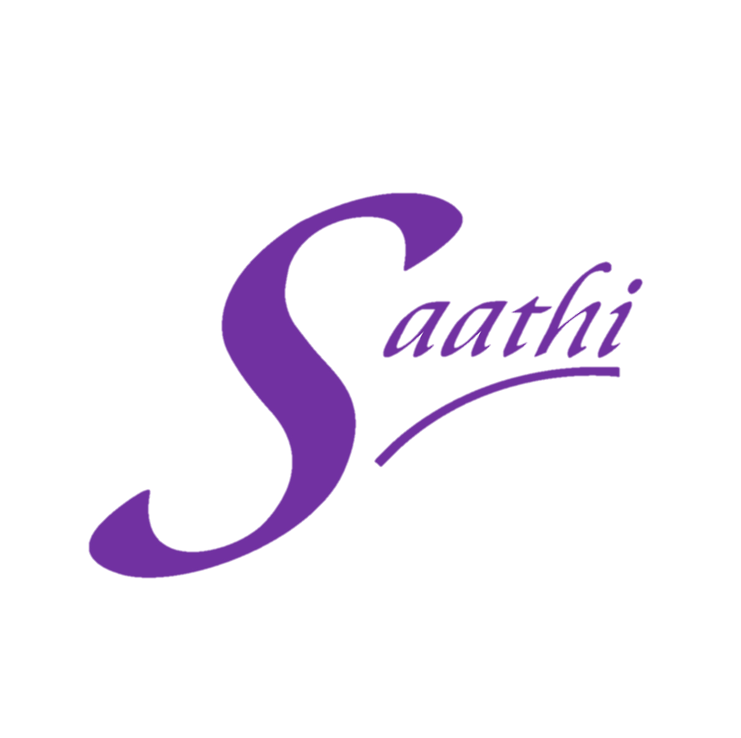
Saathi(open in new window) has developed an innovative and inclusive product and business model to sustainably address the lack of access to menstrual hygiene products. We aim to revolutionise the hygiene industry by making products that are good for your body, the community and the environment in a sustainable and responsible way. We want to drive systemic change around how menstrual hygiene is addressed and thus drive the shift to a circular economy. This means making pads that are from sustainable, renewable materials, making them accessible to women no matter where they live and working with other partners to make sure our products get upcycled. We measure our impact according to the UN Sustainable Development Goals, including: increasing income for farmers, employing women, providing access to pads and education around them, measuring the plastic waste eliminated and CO2 emissions reduced. We’re also working on an innovative plastic avoidance programme.

Seppo(open in new window) is an award-winning solution to engage everyone with relevant topics of the circular economy. One cannot make the change happen only with PDFs and slideshows. Seppo turns sustainability learning materials into interactive mobile games. These games can be used in schools, universities, companies or any other organisation. Together with your content and our technology, we can make an impact. Seppo is an easy-to-use tool to make the circular economy more concrete and understandable for any organisation.

Sitra, the Finnish Innovation Fund(open in new window), is an active fund for the future and a co-host of WCEF2023. We aim to create a fair and sustainable future and work with partners to ensure that Finland can lead the way in the transition to a fair and competitive carbon-neutral circular economy – a new society in which our everyday lives and well-being are no longer based on excessive consumption and fossil fuel use. Sitra was founded in 1967 and is an independent public fund operating directly under the supervision of the Finnish Parliament.
The World Circular Economy Forum is a global initiative of Finland and Sitra, organised annually since 2017 in Canada, Finland, Japan, the Netherlands and Rwanda. Finland was the first country in the world to publish a circular economy road map in 2016. We believe that truly competitive solutions are born when business and the environment go hand in hand. Check out the full list of Sitra’s circular economy projects throughout the years and scroll through our materials and tools.
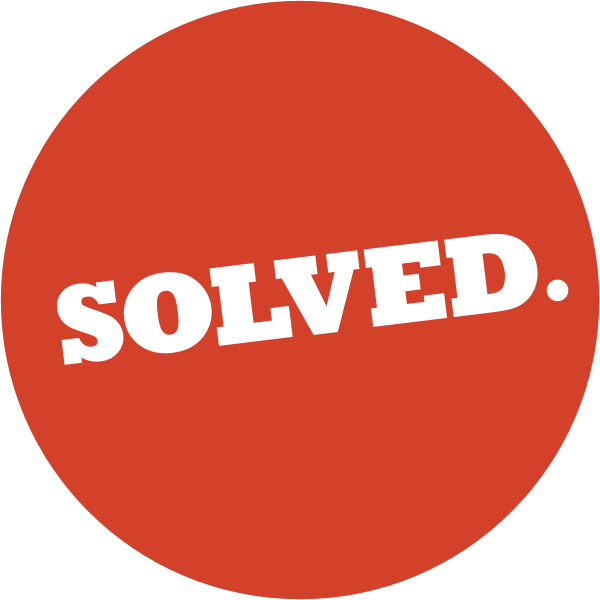
Solved(open in new window) is an impact company with over 25,000 sustainability experts around the world and digital tools to build impact solutions and manage your ecosystems. We do it by bringing the best circular economy and sustainability experts to solve the world’s wicked problems. We also provide the digital tools to collaborate regardless of time and place.
We need global co-operation to solve local problems. At the WCEF2023, we will show how it is done and invite all the attendees, on location, online and the wider circular economy community to bring their challenges to the community and solve them. Watch the Solved story on Youtube(open in new window).
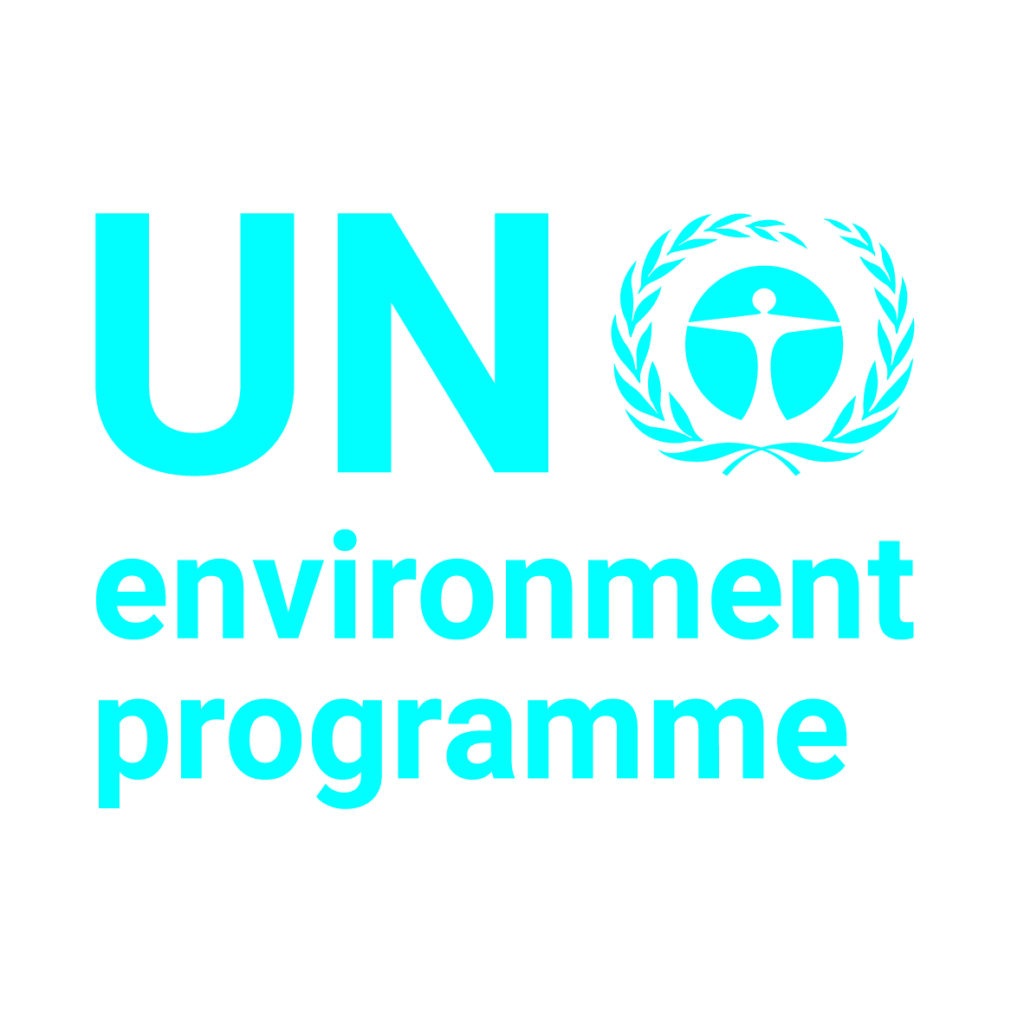
UNEP(open in new window) is the United Nations systems designated entity for addressing environmental issues at the global and regional level. Its mandate is to coordinate the development of environmental policy consensus by keeping the global environment under review and bringing emerging issues to the attention of governments and the international community for action. Our current linear economic model is the root cause of the triple planetary crisis – climate change, biodiversity loss and pollution. The transition to a circular economy is a key element of UNEP’s approach to addressing these challenges. To achieve this, UNEP works to promote sustainable production and consumption patterns, enhance resource efficiency, and promote the adoption of circular economy principles in high-impact sectors.

Join the United Nations Industrial Development Organization(open in new window) UNIDO in accelerating sustainable industrial development through the circular economy! At the WCEF2023 expo, UNIDO proudly presents two EU-funded flagship projects that showcase the feasibility and benefits of circular economy practices at regional and global levels. Explore success stories and lessons learned from SwitchMed industry demonstrations for more circular production models, or have a look at the Switch to circular economy value chains project, which supports circular solutions across global value chains.
Sign up for knowledge networks and events and explore UNIDO’s work in building more sustainable value chains. Visit our expo stand to learn more!

UPM(open in new window) offers a wide range of renewable and recyclable products. UPM Specialty Papers produces release liners by coating the release base paper with a thin layer of silicone to protect the pressure sensitive adhesive before the labels are applied. Thanks to UPM LinerLoop and UPM Raflatac’s RafCycle service, release liner waste can be collected back from customers, de-siliconised, turned into pulp and used to produce new release base papers. RafCycle also offers other circularity services such as collecting back the matrix waste from label converting that UPM Biocomposites uses as raw material for long-lasting and low-maintenance UPM ProFi composite decking.
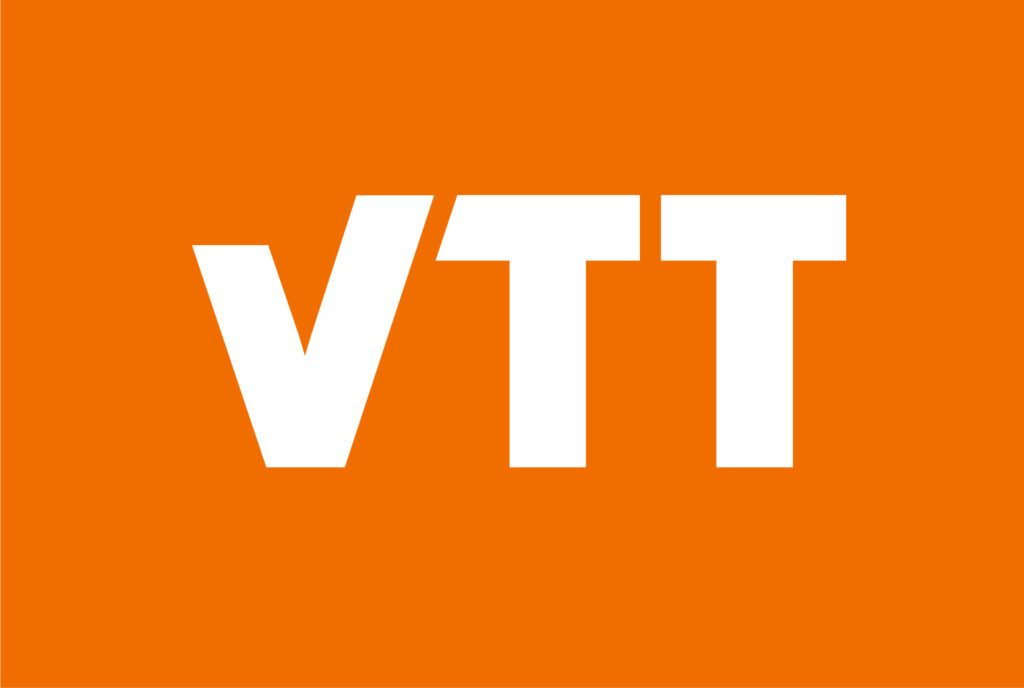
Up to 80 per cent of a product’s environmental footprint is pre-determined at the designing board. Thus, we need to develop solutions that are circular by design and from the start. VTT(open in new window) has developed tools and methods to respond to the challenge of holistic circular design and optimisation, and we will showcase these at the stand. The key design strategies include implementing regenerative operations and upcycling secondary materials. Olefy(open in new window), a VTT spinoff, upgrades plastic waste back to high-quality plastic material through a thermo-chemical process. Carbonaide(open in new window), another VTT spinoff, ties CO2 into concrete and acts as a carbon sink.
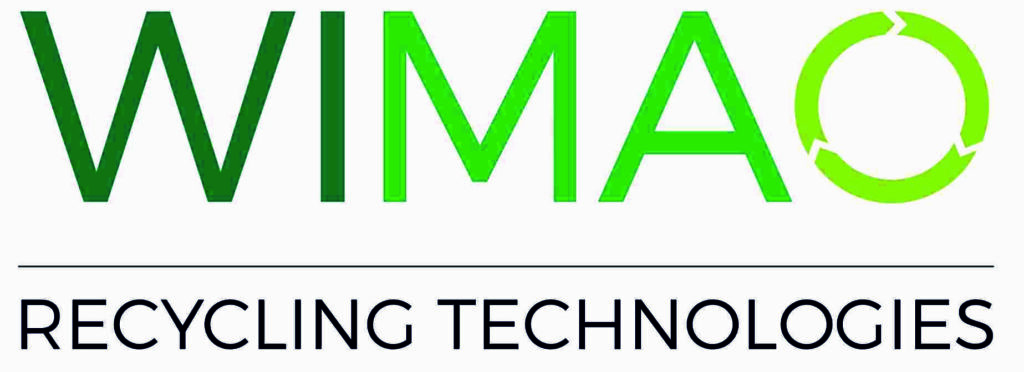
Wimao(open in new window)’s waste-to-value solution enables the recycling of mixed waste plastics, which are currently hard to recycle and hence incinerated or wasted as landfill. Our recycling technology allows content variations and impurities in the waste, and the process converts mixed waste plastics directly to carbon negative end-products. Also waste based fibres like wood, carbon and fiberglass can be used in the process. Our solution improves the recycling rate of mixed plastics waste streams, and the products manufactured in the process saves 3 to 4 times their weight in carbon dioxide emissions. If you want to turn mixed waste plastics into profits, we have a solution for you.